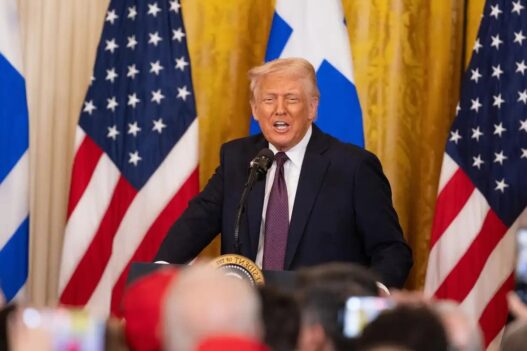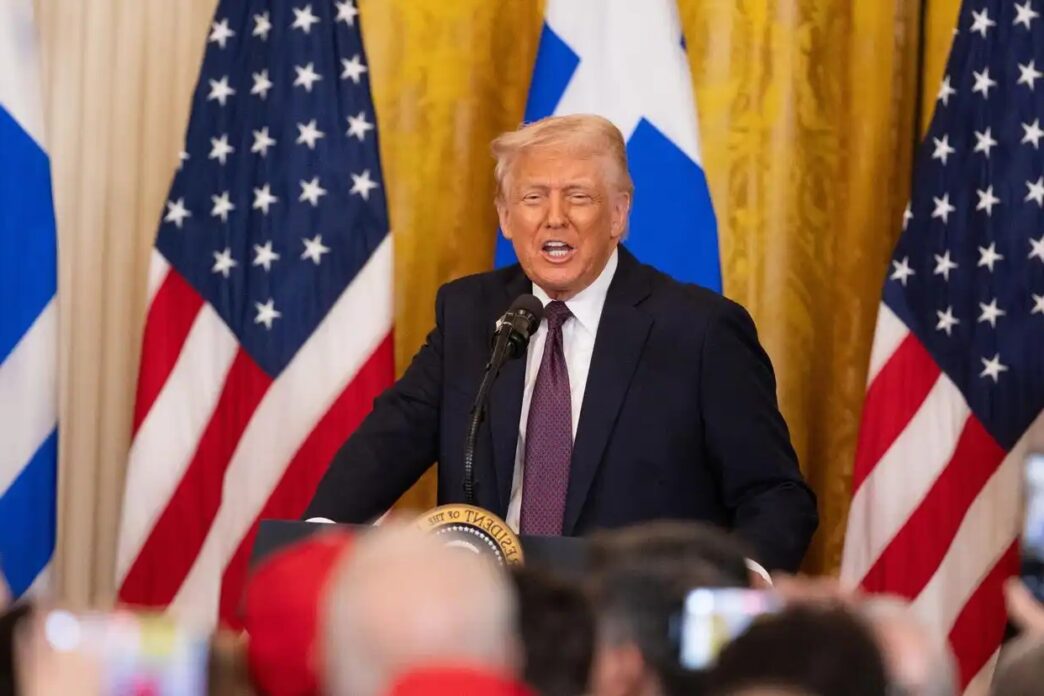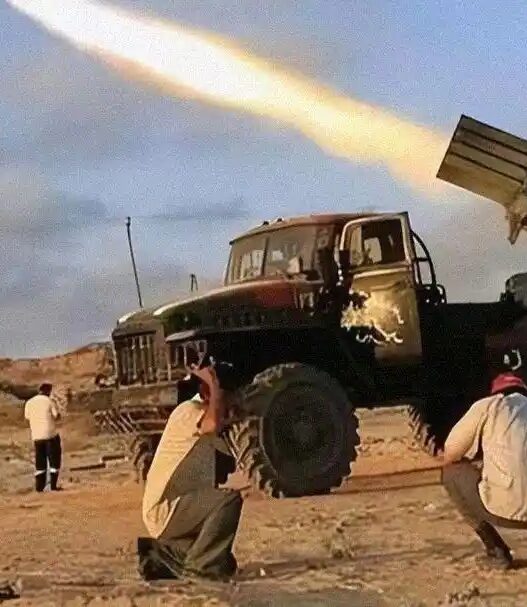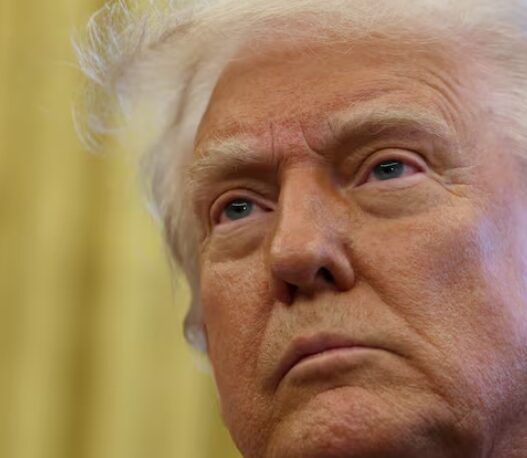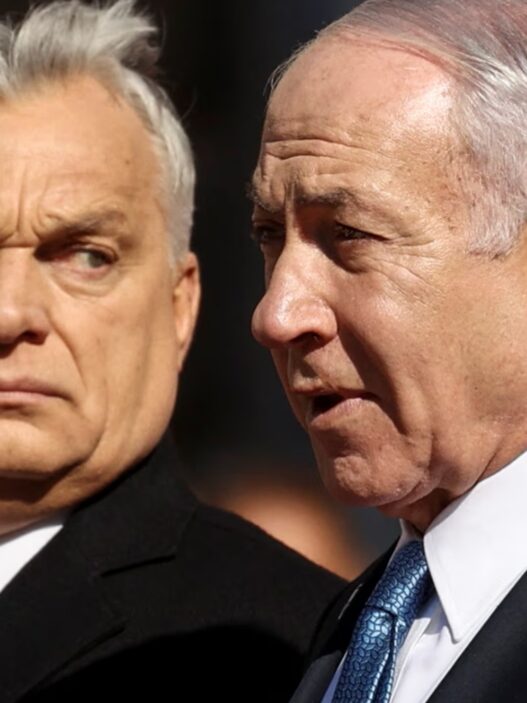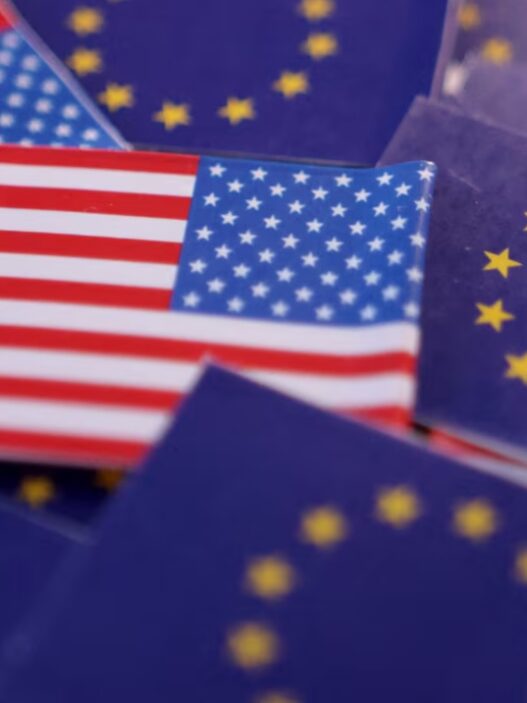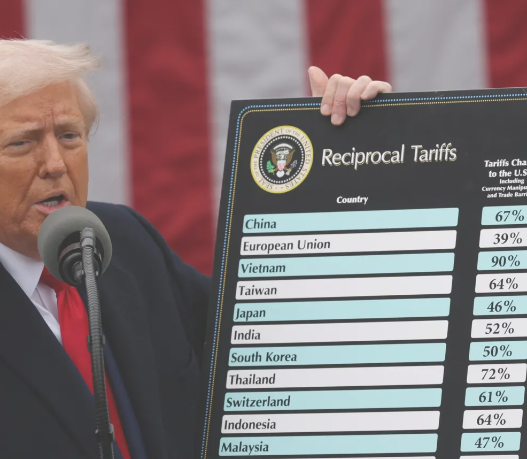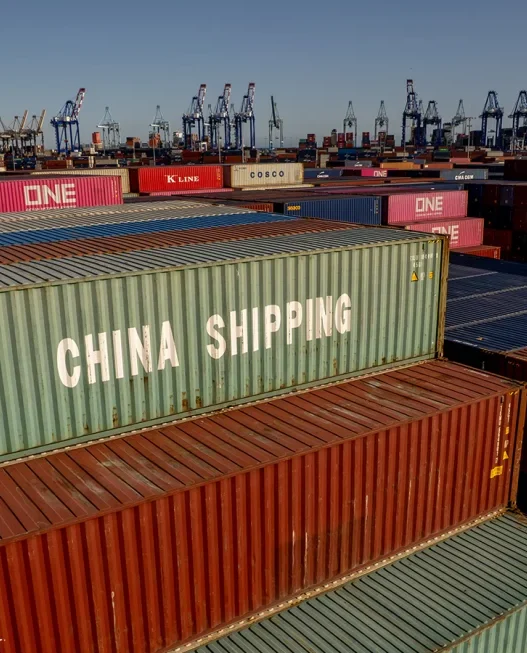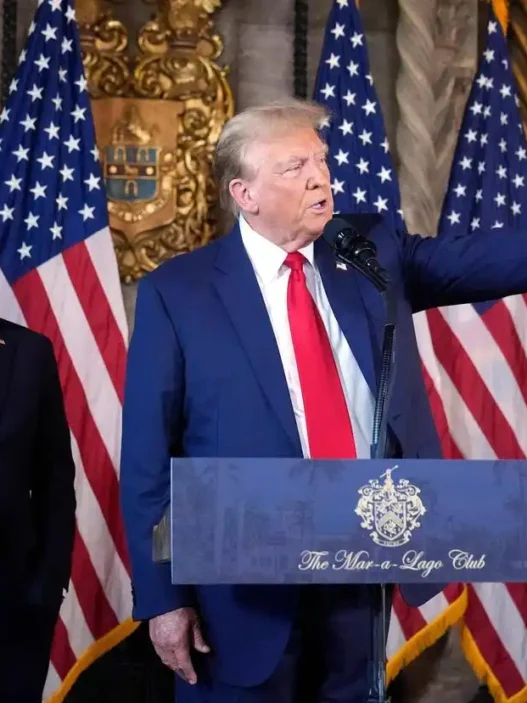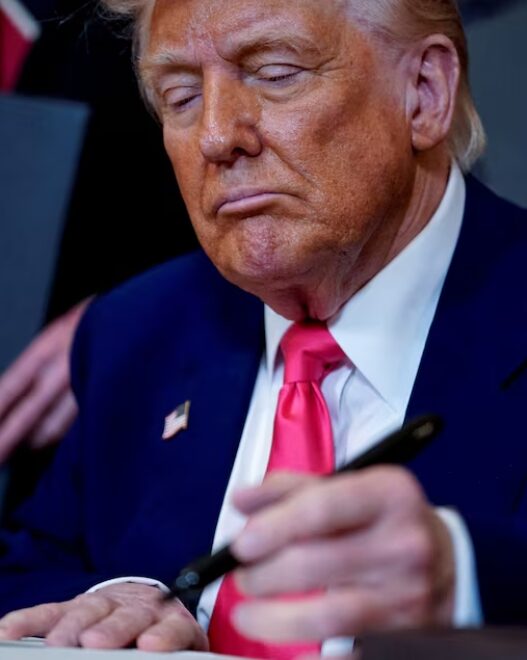Former U.S. President Donald Trump made waves on March 30 with a dramatic outburst. He vented his frustration over stalled efforts to broker peace between Russia and Ukraine, and also over ongoing nuclear talks with Iran. In a bold move, Trump threatened to impose “secondary tariffs” on oil exports from both countries. He even raised the possibility of bombing Iran if negotiations fell through.
These comments drew swift reactions. Both the Kremlin and Iranian leaders issued strong responses the following day.
Kremlin: Media Reports Are Indirect Quotes
On March 30, several U.S. news outlets reported that Trump was “very angry” at Russian President Vladimir Putin. They said Trump was upset over Putin’s criticism of Ukrainian President Volodymyr Zelenskyy, particularly concerning Zelenskyy’s credibility. Trump warned that if Russia was responsible for the collapse of a potential ceasefire, the U.S. might punish buyers of Russian oil with steep new tariffs.
The next day, Kremlin spokesperson Dmitry Peskov addressed the issue. At a routine press briefing on March 31, he stated that many of the reported remarks were paraphrased. “Some of the statements attributed to Trump were not direct quotes,” he explained. “There are several different versions of what was actually said.”
Peskov confirmed that the United States and Russia are holding consultations. The talks focus on possible solutions to the Russo-Ukrainian War. He also emphasized that Putin remains open to communication with Trump. A meeting could be arranged if needed. But for now, no new calls between the two leaders are scheduled.
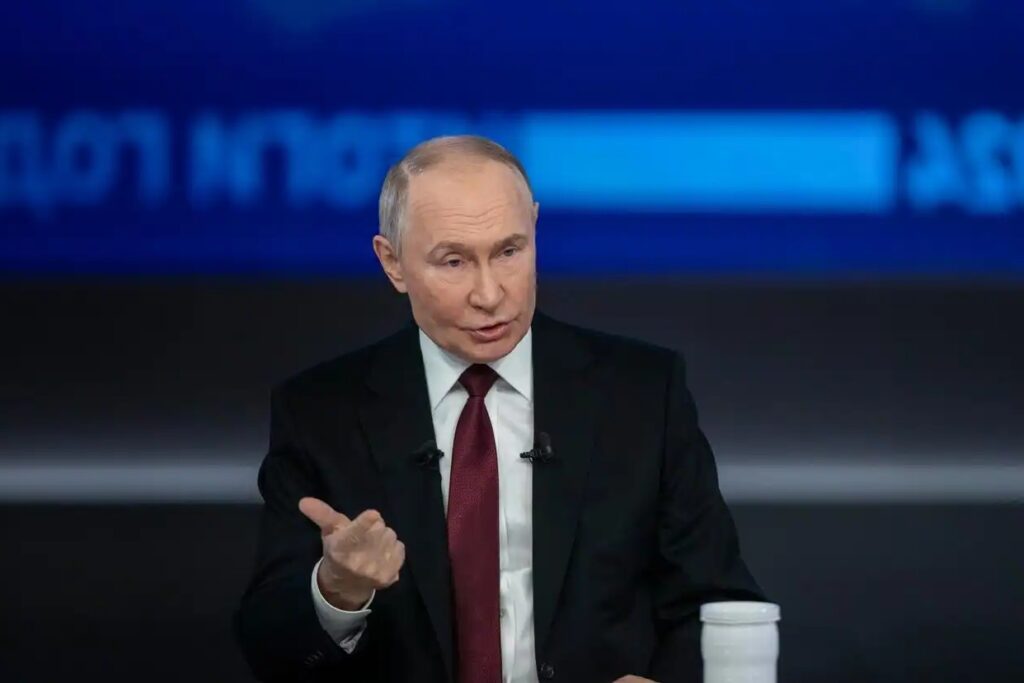
Russian Expert Weighs In
Stanislav Tkachenko, a professor at Saint Petersburg State University’s School of International Relations, commented on Trump’s style. He said Trump often applies pressure to provoke a response. According to Tkachenko, peace talks about Ukraine are influenced more by the situation on the battlefield than by political statements.
Iran Issues Stern Warning
On March 31, during a religious ceremony in Tehran, Iran’s Supreme Leader Ali Khamenei addressed Trump’s threats. He made it clear that Iran will strike back forcefully if attacked from the outside. He also warned that if foreign enemies try to incite unrest within Iran, the country will respond with equal strength.
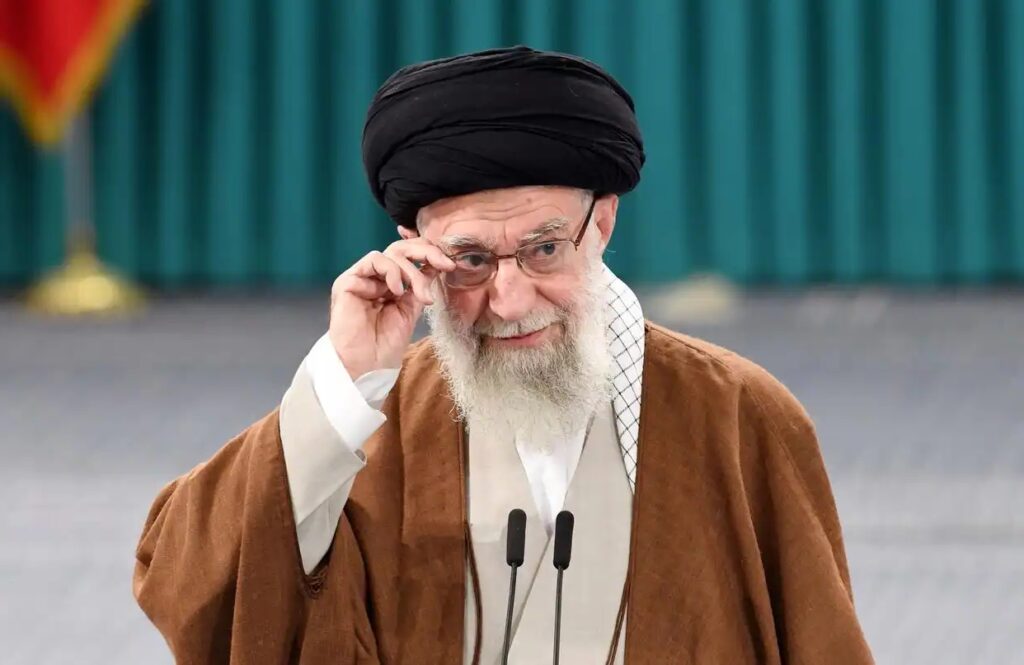
That same day, Iranian Foreign Ministry spokesperson Nasser Kanaani posted a sharp response on social media. He criticized Trump’s threat to bomb Iran as “a major insult to international peace and security.” Kanaani said such rhetoric goes against the principles of the Charter of the United Nations. “Violence breeds violence,” he wrote. “Peace brings peace.”
Nuclear Talks Back in the Spotlight
The tensions aren’t new. On March 7, in a televised interview, Trump revealed he had sent a letter to Khamenei. In it, he urged Iran to engage in talks with the United States. The goal was to abandon its nuclear program.
More recently, Trump doubled down in another interview. He said that if Iran refused to move toward an agreement, it would face “military action like never before.”







